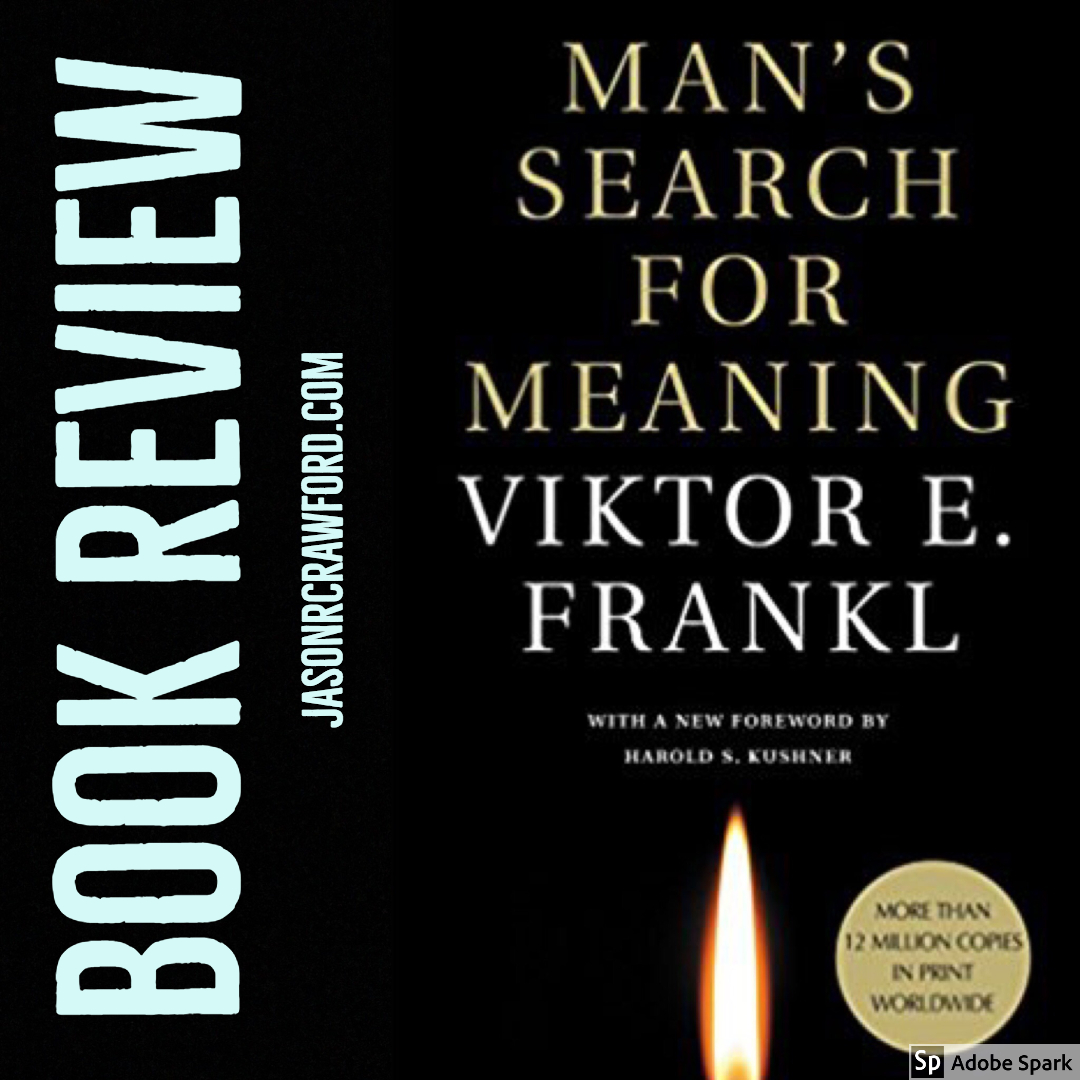Book Review: "Man's Search for Meaning" by Viktor E. Frankl
/We all go through moments were life seem meaningless. As if there is no point to it all. Maybe a loved one dies, or you feel like you can't advance in your career. We all go through seasons of questioning, but we always seem to find our way back to some form of meaning. But what about in a concentration camp? What about if you had to endure the greatest suffering a human has ever had to endure? Can meaning be found in the midst of that? In "Man's Search for Meaning", Viktor Frankl, a Holocaust survivor, tries to answer just that question.
This short book is split into two parts. The first part is Frankl's recounting of the events that took place within the concentration camps. The second, and shorter part, is Frankl explaining the form of psychology (logotherapy) he practiced.
Frankl opens the first part of the book by saying, "I will try to answer this question: How was everyday life in a concentration camp reflected in the mind of the average prisoner?" He goes on to give first-hand accounts of the things he witnessed and experienced in the camps. This part of the book was very heavy for me. I have read books and watched films on the things which happened within the camps. They were always a factual retelling of what happened. I don't think I have ever read an account of what happened inside the camps from a prisoner's perspective.
What was shocking to me from this part of the book, was Frankl's lack of malice or hate toward the Nazis. In fact, Frankl made the point to say that some of the prisoners would at times show cruelty towards other prisoners and that the Nazis would at times show kindness. It was as if he was saying the propensity for humans to do evil or good was in all of us. We could all be pushed far enough to be like the Nazi guards, and we all have the ability to rise above the evil which may be surrounding us and show kindness.
The second part of this book was Frankl explaining what logotherapy was. Specifically, how it was used to draw meaning from any of life's situations. Frankl believes that even in the darkest of places - like a concentration camp - that meaning is there to be found. He believes that all life has meaning. He also believes that suffering is unavoidable. Therefore, if life is suffering, then meaning can be found in that suffering. Even if that meaning is only to be found in us rising up above our suffering in our spirit.
I don't know if Frankl's therapeutic methods are still relevant today or not, but I do think his belief that meaning can be found in everything will remain relevant forever. This book helped me put things into perspective in my own life as I have been struggling to find meanings in certain areas. I have been pursuing the "meaning" and not the things which bring meaning.
I'll leave you with this following quote from Frankl who believed that meaning, happiness, and success could not be pursued, but rather ensued:
"Don’t aim at success. The more you aim at it and make it a target, the more you are going to miss it. For success, like happiness, cannot be pursued; it must ensue, and it only does so as the unintended side effect of one’s personal dedication to a cause greater than oneself or as the by-product of one’s surrender to a person other than oneself. Happiness must happen, and the same holds for success: you have to let it happen by not caring about it. I want you to listen to what your conscience commands you to do and go on to carry it out to the best of your knowledge. Then you will live to see that in the long-run—in the long-run, I say!—success will follow you precisely because you had forgotten to think about it”
I rate this book: 5 out of 5

